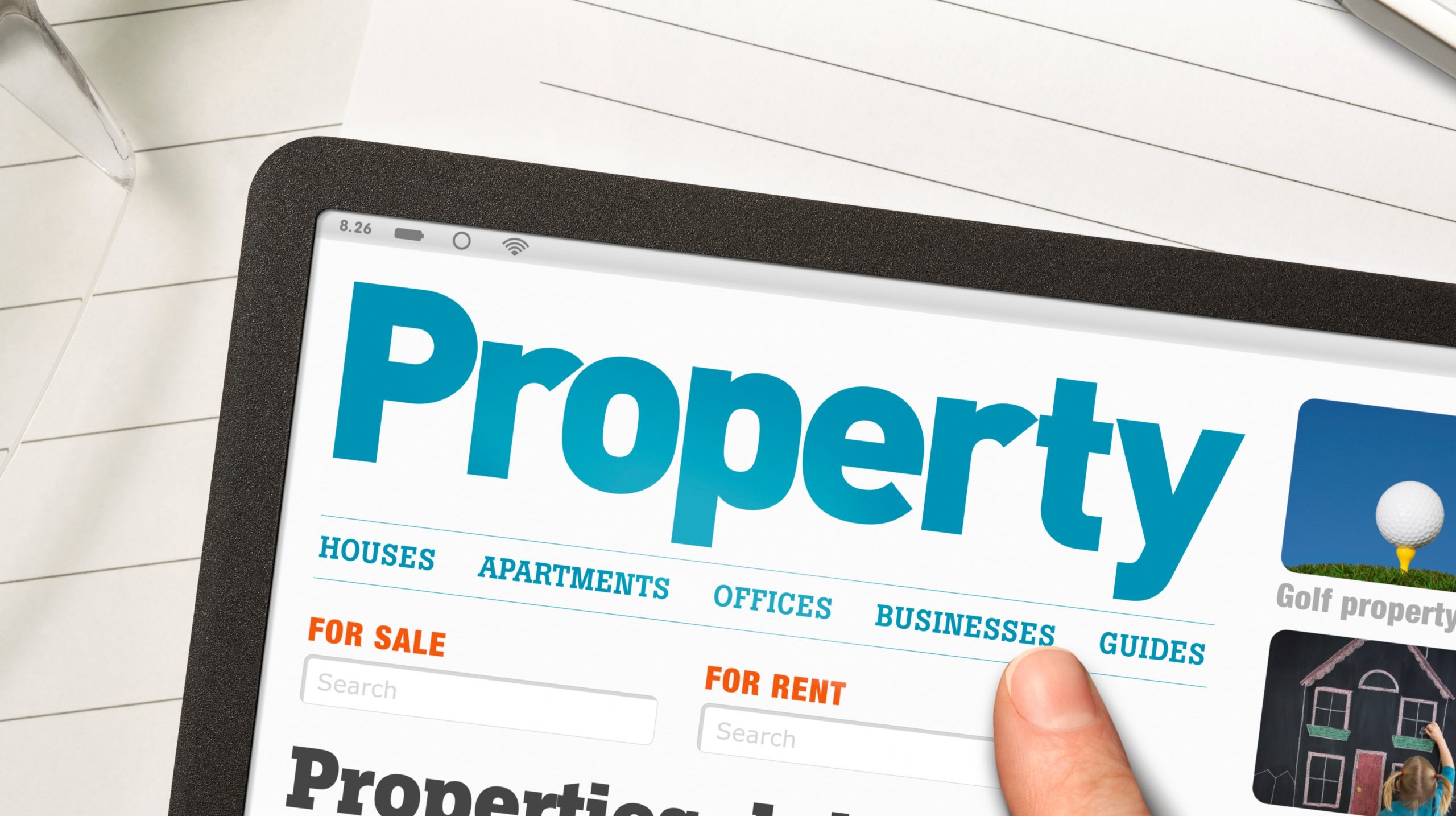Property Boom – Last year, the normally predictable property market has been anything but ordinary. It’s no surprise that many people are completely confused as to whether now is the right or wrong time to buy or sell. The UK’s property market hasn’t been following the same trends as the rest of the economy. In fact, October saw house prices rise by 7.5%, which is the biggest annual increase in the last four years. This translates to an added £18,000 to the average home’s value since the previous year.
However, this Property Boom can’t continue indefinitely. While growth has continued into November with a 0.9% rise month-on-month, the outlook is increasingly uncertain.
So, is this the beginning of a precipitous drop, or is it just things levelling out? There are a lot of factors to consider. Here’s a quick review of the most salient ones;
End Of Tax Break In March
Since July, there has been a tax break on homes up to £500,000. That break ends in March 2021. The slight drop in prices in November may result from sellers making small adjustments to finalize sales before the deadline. If this is the case, it suggests that things might level out until the March deadline, but that might be where things move again.
Lockdown 2.0
The first lockdown has had some significant effects on the way people view their homes. This is thought to have led to a surge in moves and a shift in desires. People are considering what they need and where they want to be. While some of this may have begun to settle, it’s possible that a second lockdown might spur more people into making the same decisions. Consequently, there might be an uplifting effect as a result.
However, as the housing market remains open this time, there won’t be any pent up demand. The first lockdown forced people to wait; that’s not the case this time. So the effect is likely to be smaller this time around.
Levels Of Demand
For most home buyers, buying a property is not a spur of the moment decision. There is usually a lot of planning involved. Data is showing that there is an average decrease of 32% in enquires. With this drop in interest over the last year, it implies that there is likely to be a slow down coming.
Interest Rates
Interest levels on mortgages look set to stay at rock bottom levels. This means that mortgages should be attainable for a large proportion of prospective home buyers. As long as low rates can still be secured, this might be enough to keep the housing market on a level trajectory.
Employment Levels
The Covid crisis has seen a lot of people losing their jobs. Thus far, the majority of those affected have been younger and lower-paid workers. As most of these people are in rented accommodation, this has not yet affected the housing market significantly. If the UK’s employment situation remains static or improves, there is likely to be little effect on the market.
Our Conclusion
If forced to make a prediction, it looks as though the market will remain reasonably stable into early 2021. After that, there is likely to the end of the property boom and a downturn. How sharp it is, will most likely depend on what’s happening in terms of the level of vaccination and infection rates that occur throughout 2021. Assessment Hive.







